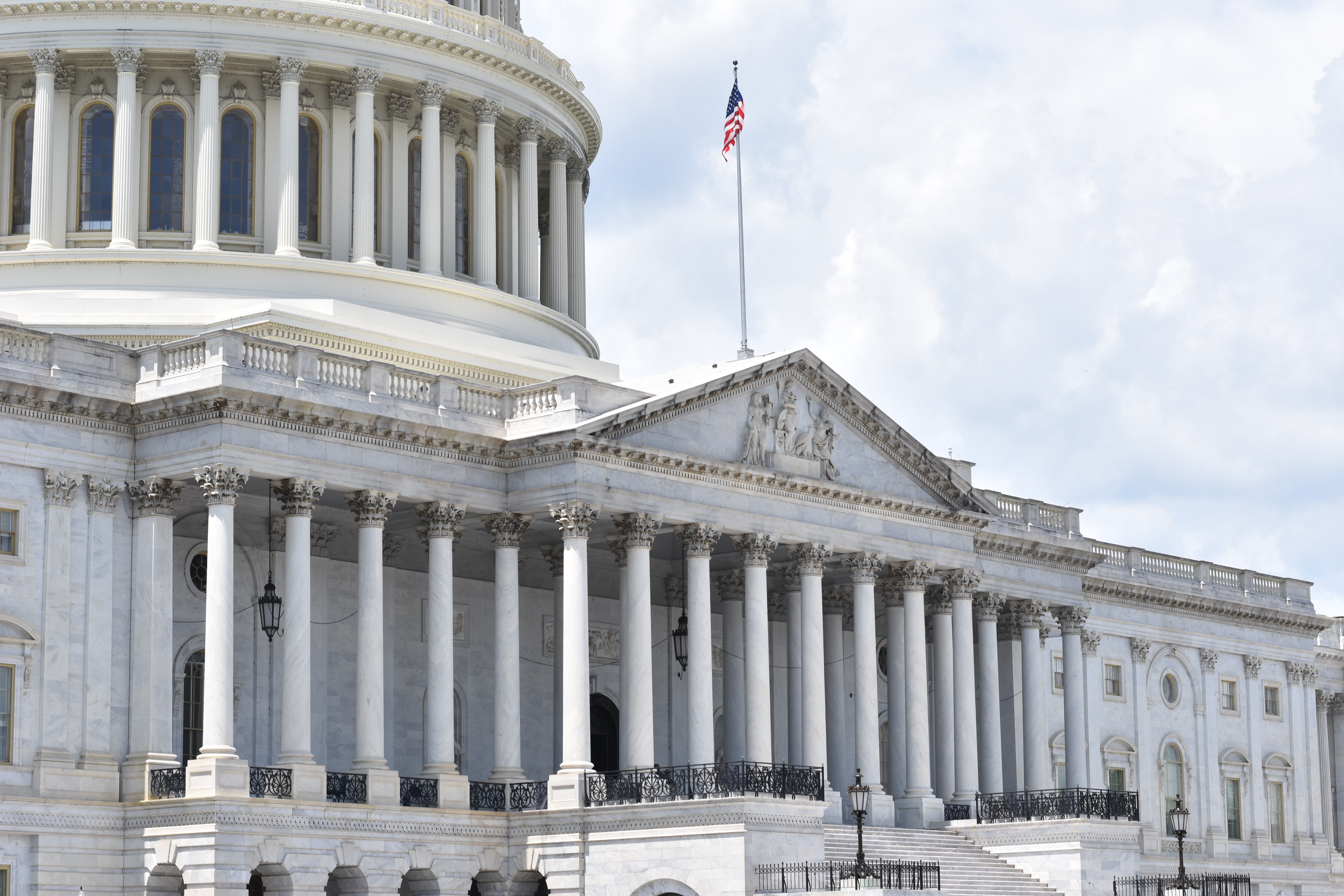March 2023 Legal Update

NLRB Rules Severance Can’t Be Contingent on NDA
In the realm of HR, both severance pay and non-disclosure agreements (NDAs) are subjects that come up often. Employers are permitted utilize both - but they can’t be mutually exclusive, according to a recent ruling by the National Labor Relations Board (NLRB) in McLaren Macomb.
Employers tying NDAs to severance packages may need to make some adjustments. Offering severance in exchange for sweeping confidentiality and non-disparagement clauses that silence former employees will now be considered a violation of federal labor law. NLRB determined on 2/22/23 that the practice specifically violates sections 7 and 8 of the NLRB Act. The 3-1 decision comes after a Michigan employer laid off 11 employees when businesses closed early in the COVID-19 pandemic. The company required such agreements to be signed as a condition of being offered a severance package. This ruling overturns two previous decisions made within the last decade that allowed employers to continue utilizing these tactics. NLRB said in their decision that an agreement of this type is “unlawful if it precludes an employee from assisting coworkers with issues concerning their employer, and from communicating with others, including a union, and the Board, about his employment.”
All US employers are subject to NLRB policies, with the exception of the railroad and airline industries. The window for an appeal is still open, but this rule is considered effective immediately.
Anticipated Updates to Overtime Rule
We’re expecting an update soon on the proposed changes to the U.S. Department of Labor's (DOL's) overtime rule. The expectation is that the salary threshold will be raised on the white-collar exemptions, making more people eligible for overtime…we just don’t know how much. DOL announced nearly a year ago that they planned on issuing an update to the rule, but it fell off the radar shortly after that announcement.
If you’re new to dealing with wage & hour compliance, we’ll explain why this is important. There’s an exemption to paying overtime wages to certain types of employees working over 40 hours per week, usually referred to as the “white collar exemption.” That doesn’t mean that employers don’t have to pay any white-collar employees overtime - there are benchmarks that should be met before making that call. The employee in question (performing administrative, professional or executive duties) must pass a three-part test to be considered exempt: employee is paid a fixed salary, performs certain types of job duties, and is compensated at or above a minimum salary threshold. There’s been some speculation that this “duties test” will also be modified along with the new monetary limits, making it increasingly more difficult to qualify an employee as exempt from being paid overtime.
In April of 2004, DOL set the threshold to $23,660. In 2016, the Obama administration proposed a new threshold that more than doubled the white-collar wage threshold to $47,476, but a federal judge blocked it just before its effective date. The Trump administration successfully raised it to $35,568, which is where it sits currently. Employment law experts seem to think the new proposal will inch closer to the 2016 proposed amounts, in order to keep up with inflated costs of living and generally higher salaries across the board. The 2016 proposal that didn’t make it also included an auto-escalation of the minimum salary amount, so it’s possible the new rule could include something similar.

